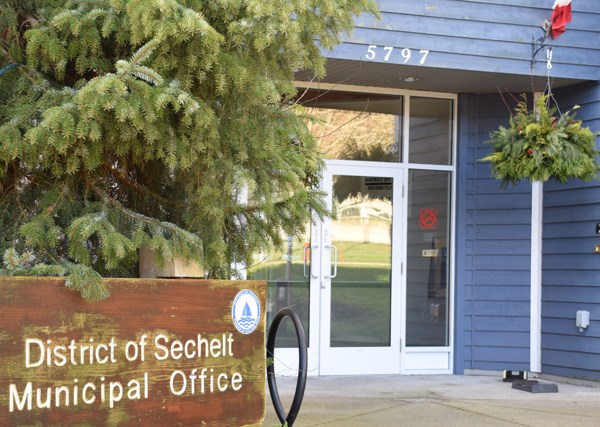Sechelt council had a look this week at the impact of arts and culture on the local economy, thanks to data from the Canada-wide Cultural Statistics Strategy.
In a report to council April 1, arts coordinator Siobhán Smith said municipal level economic data is hard to obtain, and that’s especially true for the arts and culture sector, which is one of the reasons Sechelt joined the Cultural Statistics Strategy consortium in 2019.
The first set of data found that Sechelt’s “culture GDP” is about $780 per capita, or $8 million. The data also show the arts and culture sector in Sechelt supports about 110 jobs.
Smith said the findings are limited, and only capture people who claimed arts and culture as a primary occupation in the most recent census, and only arts and culture businesses that are registered and making at least $30,000 per year.
“It’s also not capturing the economic spinoff benefits that many of our festivals and events have,” Smith said. “It’s limited, but it is giving us an idea of what impact culture has on our local economy.”
Coun. Matt McLean said he thought the numbers were definitely an underestimate. “I think there are lot more than 110 people in Sechelt working in arts.”
“It’s an underestimate probably for every community,” responded Smith. “Even if you’re in a big city, many people working in the arts are working part time or the portion of their income that comes from the arts is less than $30,000 a year.”
“Given what we’re going through right now and the fact that the majority of these people in this sector, basically, are unemployed,” said Mayor Darnelda Siegers, “that’s a huge hit if you look at the impact on our economy and we’re going to need to see what we can do to support them going forward. They’re what makes our community, our community.”
Councillors also had a chance April 1 to confirm some of that support by approving a new $47,500 round of Community Investment Program grants, many of which are going to arts groups.
Smith said after talking to the groups receiving grants she was recommending to council that the agreements this year include a little more flexibility.
“We would like the flexibility to allow grant applicants to put the funds toward any eligible costs already incurred for programs, even if ultimately they do end up needed to be cancelled, and other eligible, reasonable costs of those cancellations,” she said.
Coun. Alton Toth said he agreed with that approach. “It could be quite the hardship for an organization to have started down that road and sunk a bunch of costs and then have to repay their grant because their event got cancelled… I’m OK with flexibility on repaying.”
Coun. Brenda Rowe said she agreed with being flexible, but wondered how many groups would even go forward with event planning.
Smith said most of the events getting grants aren’t scheduled until later in the year. She also said some of the grants will be going to organizations that provide essential services, like Arrowhead, who’ve had to change their operations and may be losing other sources of money like hosting fundraisers or sponsorships from local businesses.
“On the surface we might think that because things are a little bit quieter right now that they’re not spending money – it’s just not true,” Smith said. “We have lots of groups that all still have to pay their bills. It’s a big challenge for everyone, but we know these are the groups that really bring our community together in all different ways and they provide the social supports we need.”



